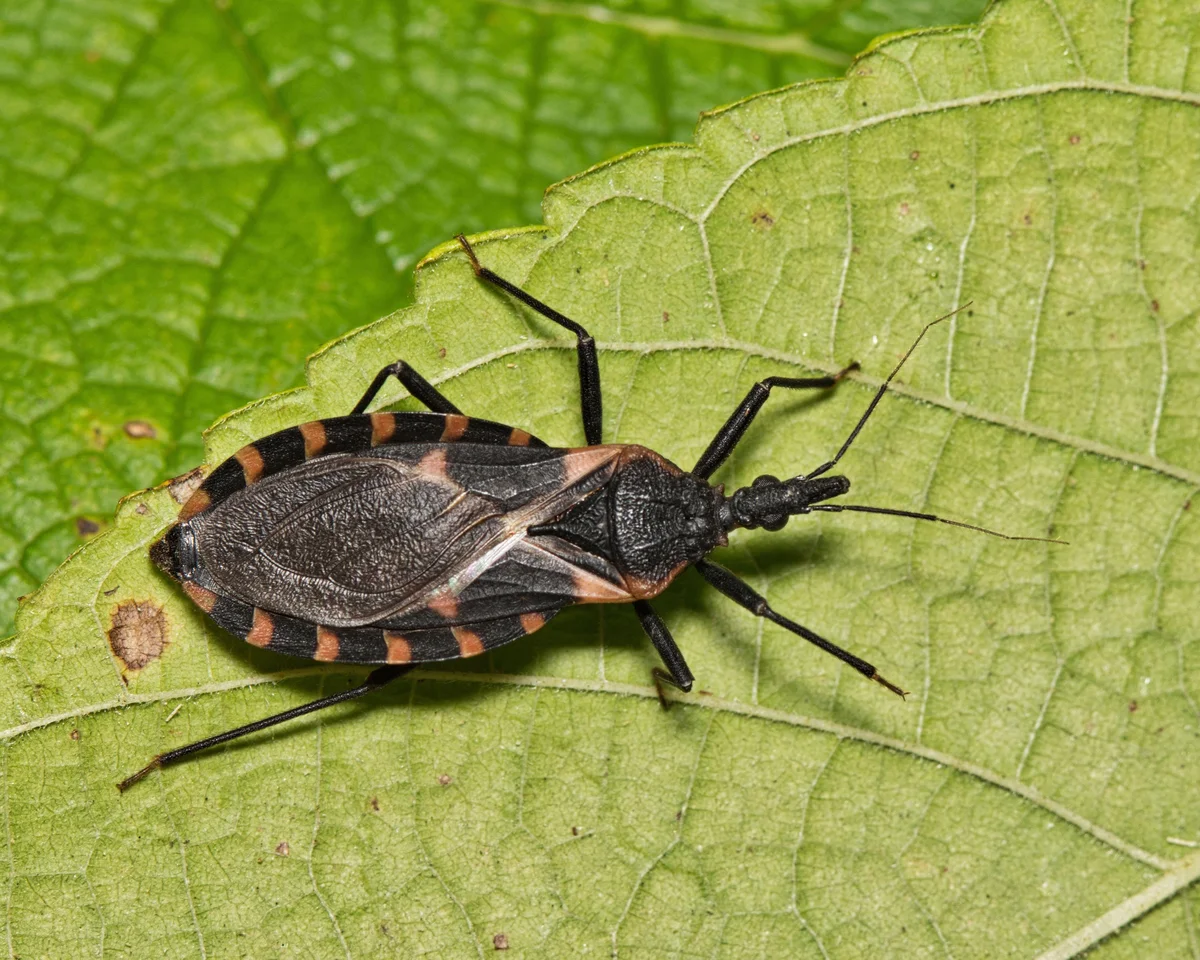Health experts are voicing concern: Chagas disease, also known as the “kissing bug” illness, may no longer be just an imported disease — recent research indicates it has become endemic in many parts of the United States. What was once largely associated with Latin America is now gaining recognition as an ongoing risk closer to home.
What Is Chagas Disease?
- The illness is caused by the parasite Trypanosoma cruzi, which is carried by triatomine insects often called “kissing bugs.” These bugs tend to bite humans around the face, especially during sleep.
- Transmission happens when the bug defecates near the bite — parasites in the feces can enter the body through the wound, the eyes, or mouth. Other transmission routes include from mother to child, via infected blood donations, or organ transplants.
Evidence It’s Endemic
- Researchers have identified locally acquired human infections in at least eight U.S. states, such as Texas, California, Arizona, Louisiana, Mississippi, Tennessee, Arkansas, and Missouri. These are not cases among people infected abroad, but people who contracted the parasite inside U.S. borders.
- The insects capable of carrying the parasite are found in over 30 states. The geographic range of kissing bugs is broadening, with human contact more likely in areas where people live near or in environments favorable to these insects.
Health Risks & Symptoms
- Early (acute) infection often goes unnoticed or causes only mild symptoms like fever, fatigue, swelling around the eye (Romaña’s sign), or other flu-like signs. Because early signs are subtle, many people do not seek testing immediately.
- If untreated, about 20-30% of infected individuals may develop chronic Chagas disease, which can lead to serious complications: heart enlargement or failure, digestive tract issues (such as large esophagus or colon), and potentially life-threatening outcomes.
Challenges: Awareness, Diagnosis, Treatment
- Many U.S. doctors and the general public are unaware of Chagas disease or its presence within the country. Surveys show a significant portion of infectious disease specialists report low confidence in their knowledge of the disease.
- Testing is available, but diagnosis is often delayed because the disease is not widely considered, especially when symptoms are mild or vague. By the time major symptoms appear, damage can already be happening.
- There are two antiparasitic treatments approved in the U.S., effective especially when started early. However, there is no vaccine. Because so many cases may go undetected, access to treatment and timely follow-up remain vital public health issues.
What Being “Endemic” Means & What Needs To Be Done
- Declaring Chagas disease endemic means recognizing that regular, local transmission is occurring—not just cases in people who traveled abroad or immigrated. This shift may help trigger more resources, monitoring, and public awareness.
- Better surveillance: tracking infections, both in humans and animals, can help pinpoint where transmission is happening. Health agencies may need to expand reporting requirements and screening programs for blood and organ donations.
- Increased education for clinicians: so they recognize early signs, ask about risk exposure, and order the right tests.
- Public health measures, especially in areas where kissing bugs are known to live: improving housing, reducing insect habitat near homes, using insecticides where appropriate, and informing the public about how to reduce exposure.
Why This Matters
- Because many people with Chagas are unaware they are infected, the disease can quietly cause long-term damage. Recognizing it as endemic could mean more people get tested earlier, treatment begins sooner, and outcomes improve.
- With climate change, housing patterns, and expanding human encroachment into insect habitats, exposure risk may increase. Early action can help mitigate future health burdens.
- Washington and state health authorities may need to reexamine current policies: reviewing guidelines, allocating funds, and investing in both research and public health infrastructure.
Conclusion
Chagas disease is increasingly being seen not just as a tropical illness brought in from outside, but as one that is quietly affecting people within the U.S. Recognizing it as endemic may be the first step toward reducing its impact—through better awareness, earlier diagnosis, improved preventive measures, and stronger public health responses.















Leave a Reply